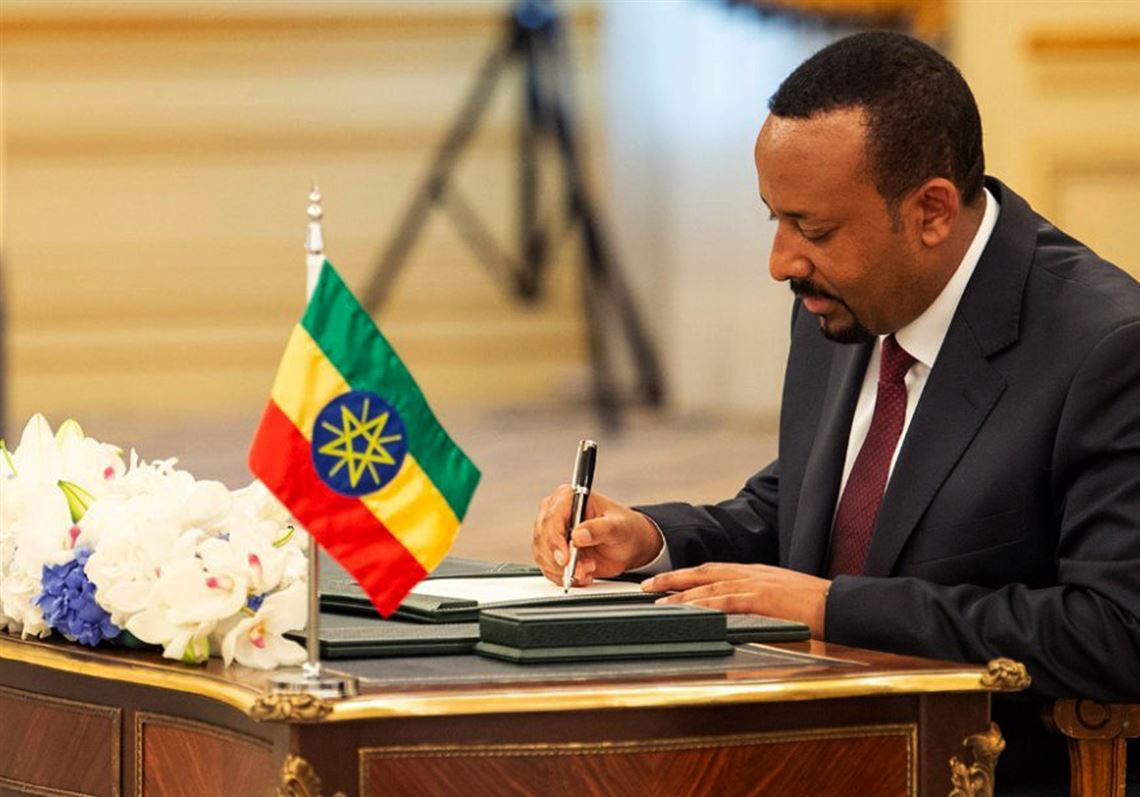A country of more than 80 ethnic groups and a history of oppressive regimes might be considered ungovernable, but Ethiopia has made remarkable progress. The new prime minister, Abiy Ahmed, who took office in April, has brought sweeping reforms to the nation.
Mr. Ahmed began by ordering the release of thousands of political prisoners. Opposition parties that were formerly banned were invited to meet openly and their leaders could return from exile. Press freedom has increased — for the first time in 13 years, there are no journalists in jail.
The prime minister also named a former opposition leader, who had been jailed in 2005, as the head of the country’s election commission. She returned from exile in the U.S. to take up her new post. Also, the government drafted legislation to create a Peace and Reconciliation Commission to deal with past abuses of power and human rights violations.
Moreover, in November, Mr. Ahmed met with 81 opposition groups to discuss ways of ensuring free and fair elections in 2020.
All is not sunshine and light in Ethiopia. Some ethnic groups have demanded self-rule, and there have been violent attacks on minority groups. But all of these actions teach us that the best way to improve life in a divided society is to engage directly with opponents.
First Published: January 3, 2019, 12:00 p.m.
















